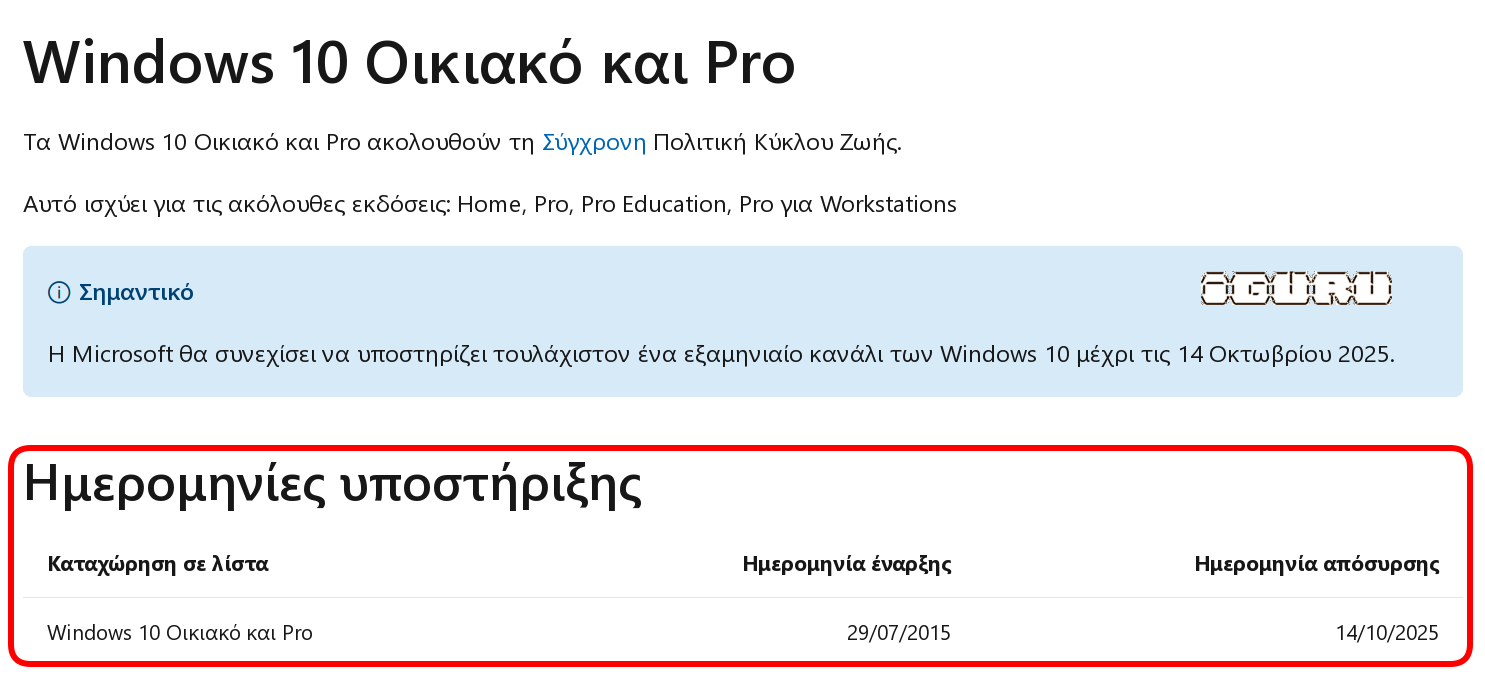A Microsoft Support Document was developed by the company to state that it supports operating systems Windows 10 Home and Pro expires on October 14, 2025 (!).
This is the first time Microsoft has reported support for Windows 10. Before that, he only mentioned specific versions of Windows 10 reaching the end of support.

This may actually mean that the “Next Generation Windows” that Microsoft will unveil next weekteam, it is not Windows 10, at least in terms of marketing – brand-name.
We have already heard that coming functional system will be called Windows 11, Windows Sun Valley or some other name that has nothing to do with Windows 10.
The support document reports today that Windows 10 Home and Pro have been supported since July 29, 2015 and that support will expire on October 14, 2025.
This is a very interesting time frame, if you think that it fits exactly with the ten-year support life cycle that Microsoft used for previous versions of Windows.
Anyway, it seems that the company did not keep its promise, since in 2015 it had announced that Windows 10 will be the latest version of its operating system.






Anyway, it was invalid, but in 2015, when Windows came out, they again had a page that said that they would expire in 2025 in terms of support, and they deleted it after a while ... But it certainly did not keep its promise. As for the new windows if they announce them on the occasion of the 1.3 billion users of Windows 10, I do not think it will be paid.